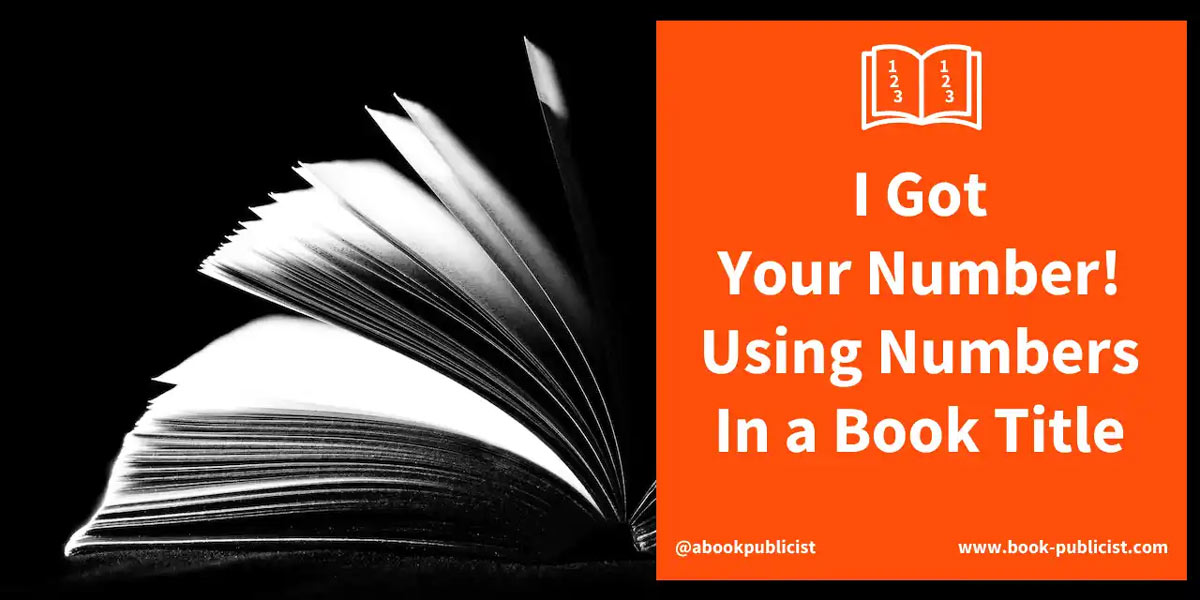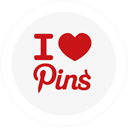I Got Your Number! Using Numbers In a Book Title

By Scott Lorenz
Westwind Communications
Using Numbers in Your Title Might Help Make Your Book More Memorable.
On LinkedIn, J.D. Gershbein, a global speaker and social branding specialist, raised the question, “Does a numbered step approach to titling a book have a positive effect on sales?” This particular question and subsequent thread made me delve deeper into the use of numbers in book titles and whether or not it makes sense.
Book titles are extremely important. As an author, creating a memorable title should be a high priority. Numbers in book titles work with items that already quantify. For example, a book titled ‘Get 6-Pack Abs in 6 Minutes a Day’ makes sense. I like using numbers in a book title when it’s relevant and useful in describing what the book is about.
An example that really works is ‘The 4 Hour Work Week’ by Tim Ferriss and his ‘4 Hour Body’. That number stops you in your tracks because it is shocking. How can you work just 4 hours a week? How can you have a good body in just 4 hours? Ferriss has capitalized on his branding of ‘4-Hour’ and ‘The 4-Hour Chef.’ He owns that number now. He’s branded his name with ‘4-Hour’ and will be able to incorporate it in his future work.
A number is a quickly comprehended visual because it’s a symbol and is represented by a minimal number of characters. For example, ‘One Thousand’ spelled out is represented by 12 characters, but only four characters if used as a number: 1000. This can save space on your cover and in this digital world sometimes a savings of a few characters can make a difference whether your complete book title is displayed by Google or even on Amazon. Furthermore, there’s a magic number of 65 characters for some search engines before it gets truncated or cut off. Another often overlooked benefit is that a number rises to the top of a list when alphabetized right along with symbols like ‘@’ or ‘$’ for example.
Here’s a list of a few well-known books that have used a number in the title:
1. Catch-22
2. The 4-Hour Work Week
3. The 4-Hour Chef
4. The 4-Hour Body
5. Europe on $5 a Day
6. The 7 Habits of Highly Effective People
7. Fahrenheit 451
8. 1984
9. The 39 Steps
10. 1, 2, Buckle My Shoe
11. Around the World in 80 Days
12. 1001 Arabian Nights
13. 13 Reasons Why
14. 3:10 to Yuma
15. Beneath the 13 Moons
16. Size 12 is Not Fat
17. 13 Little Blue Envelopes
18. 13 Treasures
19. The 6th Target
20. The 5 Love Languages: The Secret to Love That Lasts
21. 7th Heaven
22. 10,001 Ways to Live on a Small Budget
23. The $100 Startup
24. The 48 Laws of Power
25. Steal Like an Artist: 10 Things Nobody Told You About Being Creative
26. The 4 Disciplines of Execution: Achieving Your Wildly Important Goals
27. 5: Where Will You Be Five Years From Today?
28. Brain Rules: 12 Principles for Surviving and Thriving at Work, Home, and School
29. 30 Things Every Woman Should Have and Should Know by the Time She’s 30
30. 17 Cents and a Dream (a book from one of my clients, Daniel Milstein)
Whenever possible I use numbers in my article headlines because it drives home what the article is about. Here’s a sample:
22 Tips on What to Wear For a TV Interview
52 Ways to Promote Your iPhone App
33 Radio Interview Tips
55 Reasons to Send Out a Press Release
15 Tips for Great Book Cover Design
The Top 25 Book Fairs and Book Festivals Authors Should Attend.
You can find even more articles on book promotion topics at http://book-marketing-expert.com/articles.htm.
On LinkedIn, the question received many insightful responses. One I particularly liked was from James Cosenza, a software engineer, “I think the numbered approach is especially useful for self-help and how-to books. People want to know that they can change their lives or learn a new skill in 5, 10 or 15 ‘easy’ steps. I don’t know about saturation, but I think conflicting titles on the same subject might be off-putting. For example, do you buy ‘Install a New Patio in 10 Easy Steps’ vs. ‘A New Patio in Seven Simple Steps’?
Ethan de Jonge Kalmar, founder of Make Your English Work, says, “I think that it depends on your content and audience. Numbered lists certainly work well for blog posts and on social media sites, but given the speed of information now, and the tendency to want to have everything in concise, easy to digest form, I think that many readers of books (by which I mean works of at least 100 pages or so) are looking for more in-depth insight, and numbered list titles do not exactly communicate that the book provides that.”
“For a short promotional e-book, or perhaps the self-help/entrepreneur market it might work well. Also, I think that if you are providing information that is comprehensive because it covers many different things, it might work well, as in James Cosenza’s example of 1000 Places to See before You Die.”
Tim Lemire responded from an author’s perspective, “I never worried about coming up with a good title; I knew the publisher was going to assign their own title to the book anyway.”
Keep in mind, not every book title needs a number. For example, the number 7 is overused because people are trying to capitalize on Covey’s books. Even he came out with the “8th” Habit to stay away from the number 7. So, if you’re thinking of tacking the number “7” into your book’s title, think again because it will not stand out.
Should you decide to incorporate a number into your book’s title, make sure it adds to the book. Do not shove a number in the title because you think it might be a good idea. Not all book titles need numbers. However, some books might sell better because of the number in their title.
The Bottom Line: Coming up with the right name for your book is beyond important it’s critical. Creating a memorable title is really the point. Using numbers in your title might help make it even more memorable.
Coming up with the right #name for your #book is beyond important it’s critical. Creating a memorable title is really the point. Using numbers in your title might help make it even more memorable. #booknaming Click to tweet this article to your friends and followers! 𝕏About Book Publicist Scott Lorenz
Book publicist Scott Lorenz is President of Westwind Communications, a public relations and marketing firm that has a special knack for working with authors to help them get all the publicity they deserve and more. Lorenz works with bestselling authors and self-published authors promoting all types of books, whether it’s their first book or their 15th book. He’s handled publicity for books by CEOs, CIA Officers, Navy SEALS, Homemakers, Fitness Gurus, Doctors, Lawyers and Adventurers. His clients have been featured by Good Morning America, FOX & Friends, CNN, ABC News, New York Times, Nightline, TIME, PBS, LA Times, USA Today, Washington Post, Woman’s World, & Howard Stern to name a few.
Learn more about Westwind Communications’ book marketing approach at https://WestwindBookMarketing.com or contact Lorenz at [email protected] or 734-667-2090 or fill out the form below. Follow Lorenz on Twitter @aBookPublicist. Want help titling a book? Check out Scott Lorenz’s new award winning, bestselling book: Book Title Generator- A Proven System in Naming Your Book www.BookTitleGenerator.net.
Would you like help promoting your book?
If so, tell us a little about your book. What is the title? Do you have a publisher? What is the publish date? How many pages is your book? What is the cost? Do you have web site? What is your specific goal I.E., to make money, raise awareness, get the attention of an agent or publisher, sell the story to a movie or TV studio or something else?
Submit the form below with this information and we’ll get back to you as soon as possible. Thank you!


